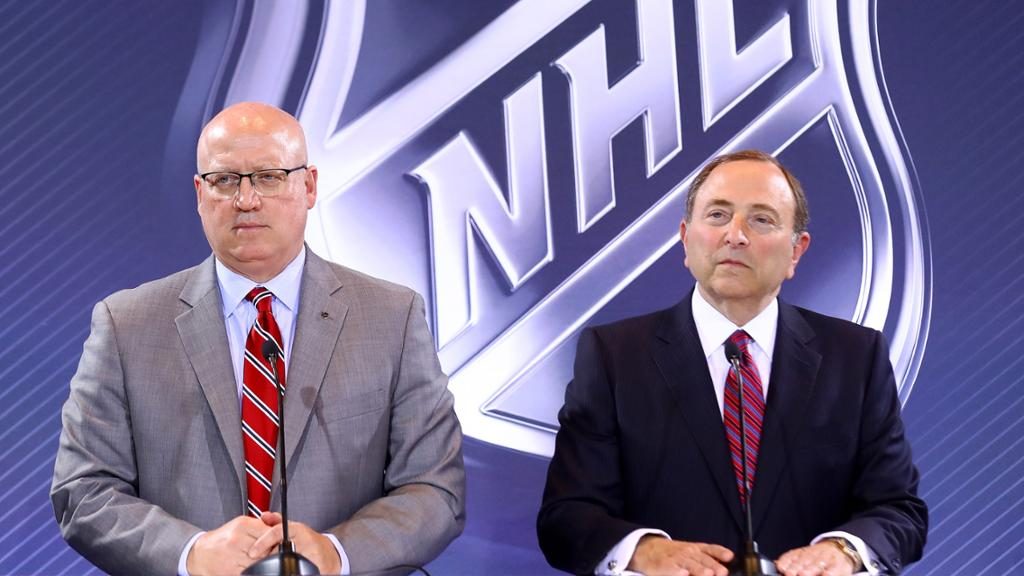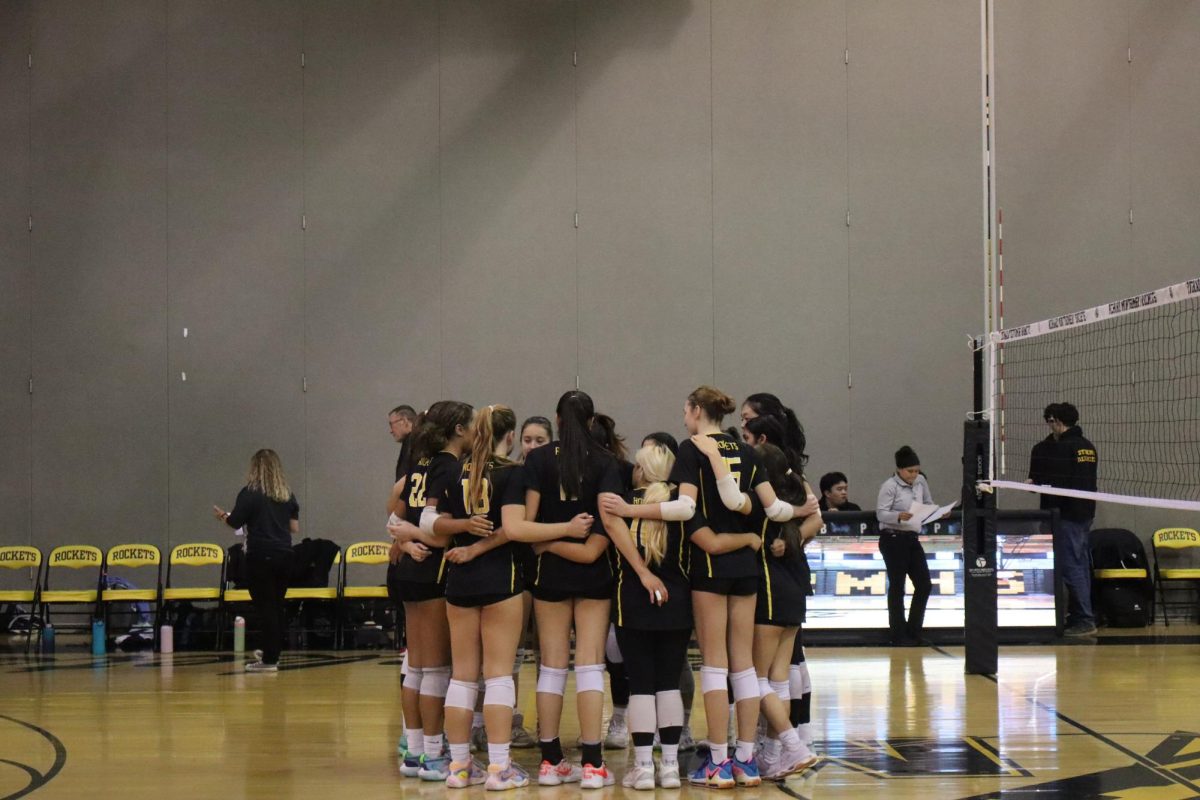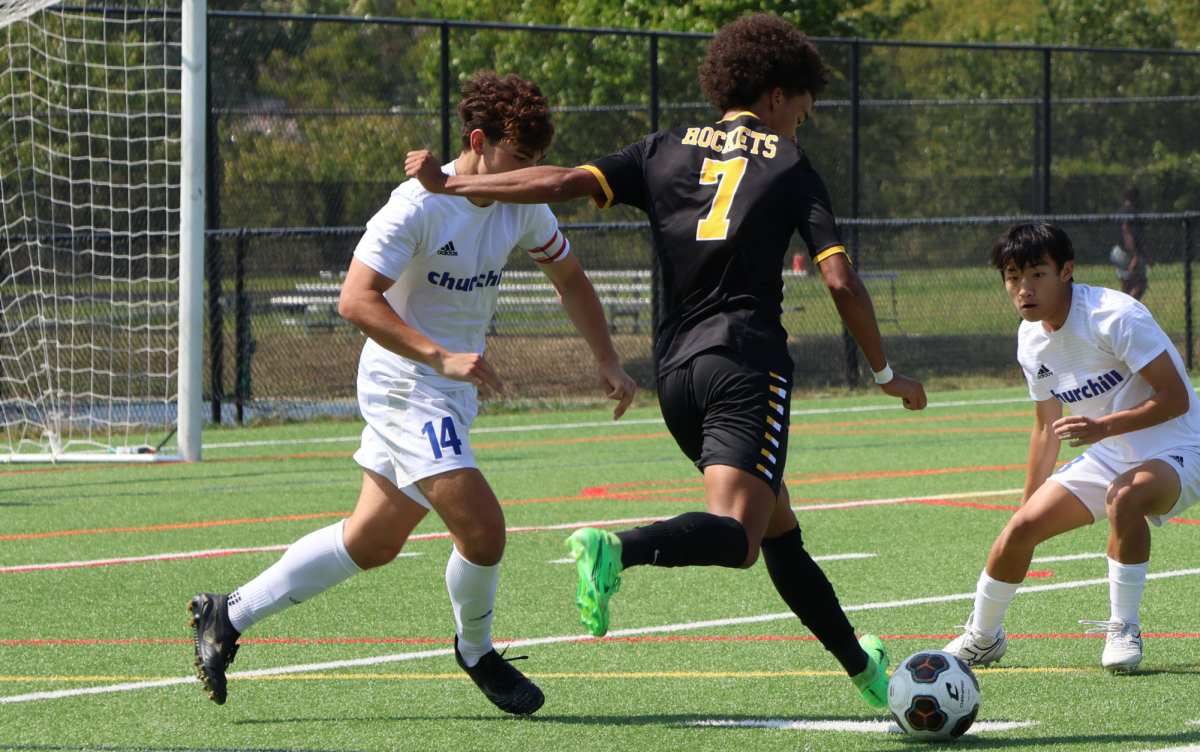The National Hockey League (NHL) recently made an important decision that heavily affected the outcome of this season: it decided to bar its players from competing in the 2018 Winter Olympics and potentially from future games as well.


 Sidney Crosby, captain of Team Canada in the Sochi Olympic Games in 2014, was notably absent in PyeongChang, to the dismay of many a hockey fan.[/caption]
Sidney Crosby, captain of Team Canada in the Sochi Olympic Games in 2014, was notably absent in PyeongChang, to the dismay of many a hockey fan.[/caption]
This decision impacts the players of the 31 Canadian and American hockey teams that comprise that National Hockey League and was both blatantly unfair and unreasonable, as it did not reflect the views of NHL players.
The NHL Players’ Association (NHLPA), which serves a voice for the players and can directly communicate with the NHL organization, released a statement against the decision in late 2017: “Any sort of inconvenience the Olympics may cause to next season’s schedule is a small price to pay compared to the opportunity to showcase our game and our greatest players on this enormous international stage.”
Players themselves are surprised at the sudden change in practice. Olympic gold medalist Sidney Crosby, centerman for the Pittsburgh Penguins, said: “Everybody gets up for it. It’s too bad we’re not going,” Crosby played on Canada’s Men’s Olympic Hockey Team in the 2010 and 2014 games.
Many others have expressed a similar sentiment surrounding winning a gold medal for their country. For example, earlier this year Alex Ovechkin, captain of the Washington Capitals, released a personal statement about his opinion on the Olympics expressing disappointment at the decision. “This is not just about me but all the NHL players who want to play and have a chance to win Gold for their country”, he said.
The League argued that participation in the Olympics would disrupt the regular season schedule by a period of 17 days. However, it is my belief that the chance for NHL players to compete on a world stage outweighs any minor scheduling inconveniences. Hockey as a whole would benefit from the participation of NHL players in the Olympics. Fans from around the world have the opportunity to see their favorite players compete, and global viewership of the sport would likely increase as a result.
Other reasons surrounded the NHL’s decision. The International Olympics Committee (IOC), which had traditionally paid a large portion of the hockey teams’ Olympic expenses, such as player insurance and travel, refused to do so this year, and though the International Ice Hockey Federation offered to pay over $20 million, the NHL would not accept the funds. The NHL also claimed that the risk of players becoming injured during the Olympics could negatively impact the rest of the season.
While the possibility of a player becoming injured during the Olympics is problematic, it hardly outweighs the benefits of competing at a world level. Other US sports have its best players from its teams compete in the Olympics.
Take basketball: the NBA has always allowed its best players to compete in the Summer Olympics. Even though they are running the risk of big names such as Lebron James and Kevin Durant becoming injured during the games, they still sent in these players. This is because these players want to be able to win medals for their own country, and their teams and the NBA organization respect their decision, even if injuries could delay a long season.
The NHL needs to adopt a solution that gives its players an opportunity to compete at a world level. A seventeen-day hiatus should not be what prevents players from representing their countries in a once-in-a-lifetime experience.
Featured photo courtesy of NHL.com














